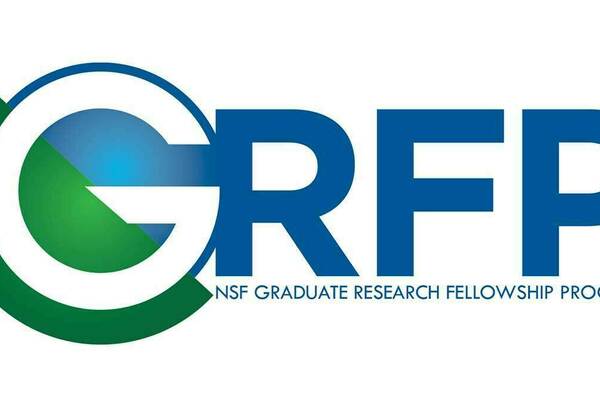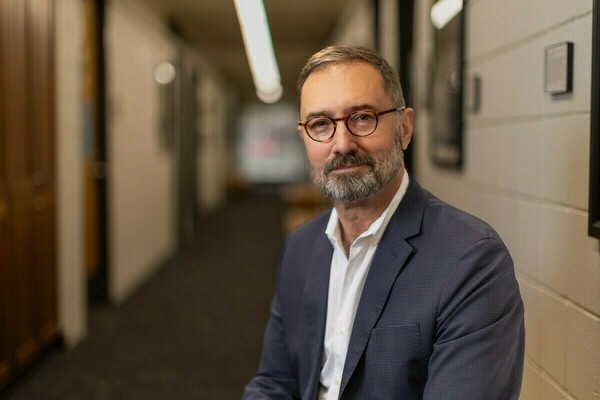Notre Dame historian Darren Dochuk is examining a California town torn apart in the Cold War by religious and political extremism after it experienced severe drought. And, as part of his research, the historian is considering what lessons from the era can be applicable today.
“What role should the United States government play, for instance, in guaranteeing provision of access to water?” Dochuk asked. “And how does that, by extent, fortify a civil society and really encourage religious and political pluralism that can be embraced and be constructive to society writ large?”
This microhistory — zooming in on a community or a unique event — project is a natural path of study for the Andrew V. Tackes College Professor of History, as he specializes in the intersection of religion and politics, and the junction of energy, environment, and religion.
Simultaneously, Dochuk is also taking a global perspective for his current book project, The Power of Faith: A Moral History of Religion and Energy in Modern Life.
“I'm charting the ways in which the creation of new energy regimes, be they coal and oil or hydroelectric, have created new opportunities for religious communities to flourish, types of religion to flourish,” said Dochuk, who also serves as the William W. and Anna Jean Cushwa Co-Director of the Cushwa Center for the Study of American Catholicism.
Dochuk, who also is co-executive editor of the journal Modern American History, said his courses and research on modern U.S. history provide opportunities to tap into and accentuate the University’s Catholic mission.
“That could be through examining social justice issues when teaching urban history of the 1950s and 1960s, or ways in which the Catholic mission has demanded concern for the environment, for the natural world, and has sought to draw inspiration from this faith tradition for action in the present, be it political or at the grassroots level,” he said. “I don’t think those opportunities exist in most other university settings.”


